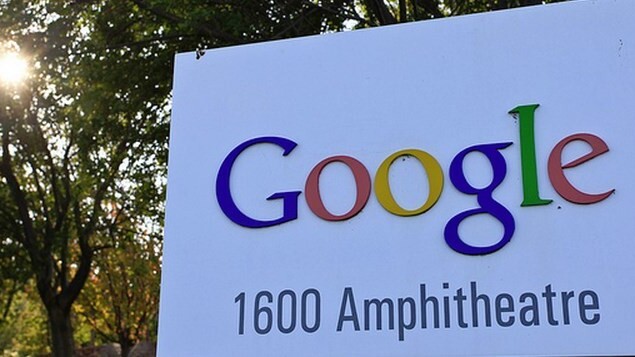
Google on Thursday announced the Open Patent Non-Assertion (OPN) Pledge, its latest attempt to back the notion that “open systems win” and that open-source software is “at the root of many innovations” in markets that Google considers key, such as cloud computing and the mobile web, as well as the Internet as a whole. The company has promised the following: “we pledge not to sue any user, distributor or developer of open-source software on specified patents, unless first attacked.”
Google is starting small: 10 patents relating to MapReduce, a computing model for processing large data sets first developed at the company and of which open-source versions are widely used in the industry. Google says it intends to expand its patents covered by the pledge to other technologies. The company will only use these patents defensively in order to protect “an open Internet” with “real innovation.”
Google hopes the OPN Pledge “will serve as a model for the industry” and that other patent holders will adopt it, listing the following advantages:
- Transparency. Patent holders determine exactly which patents and related technologies they wish to pledge, offering developers and the public transparency around patent rights.
- Breadth. Protections under the OPN Pledge are not confined to a specific project or open- source copyright license. (Google contributes a lot of code under such licenses, like the Apache or GNU GPL licenses, but their patent protections are limited.) The OPN Pledge, by contrast, applies to any open-source software—past, present or future—that might rely on the pledged patents.
- Defensive protection. The Pledge may be terminated, but only if a party brings a patent suit against Google products or services, or is directly profiting from such litigation.
- Durability. The Pledge remains in force for the life of the patents, even if we transfer them.
The pledge is comparable to Twitter’s Patent Agreement, announced in April 2012. Yet the smaller company goes further than Google, promising to only use its engineers’ patents defensively against other firms unless explicitly permitted by the creators of said patents, and allowing them to retain control over those patents and use them however they want. Google is still keeping ownership of its patents: its pledge is strictly in regards to lawsuits, and further to ones regarding open-source software.
In fact, Google doesn’t mention Twitter at all, though it does say the pledge complements its previous efforts on cooperative licensing, emphasizing it continues to support patent reforms. The company insists this is all about open source, saying that OPN builds on past efforts by companies like IBM and Red Hat and the work of the Open Invention Network.
Top Image Credit: Håkan Dahlström
Get the TNW newsletter
Get the most important tech news in your inbox each week.




